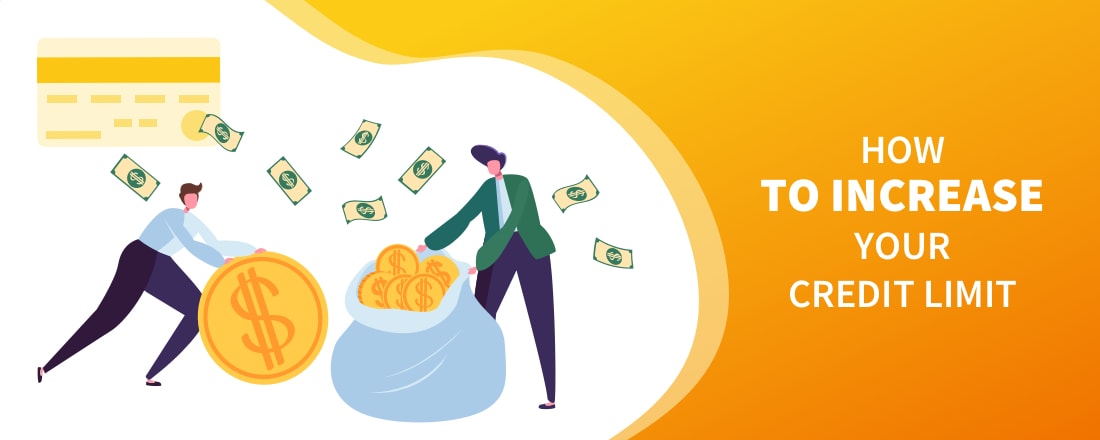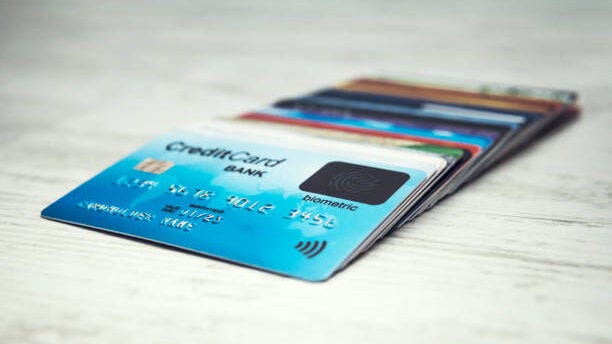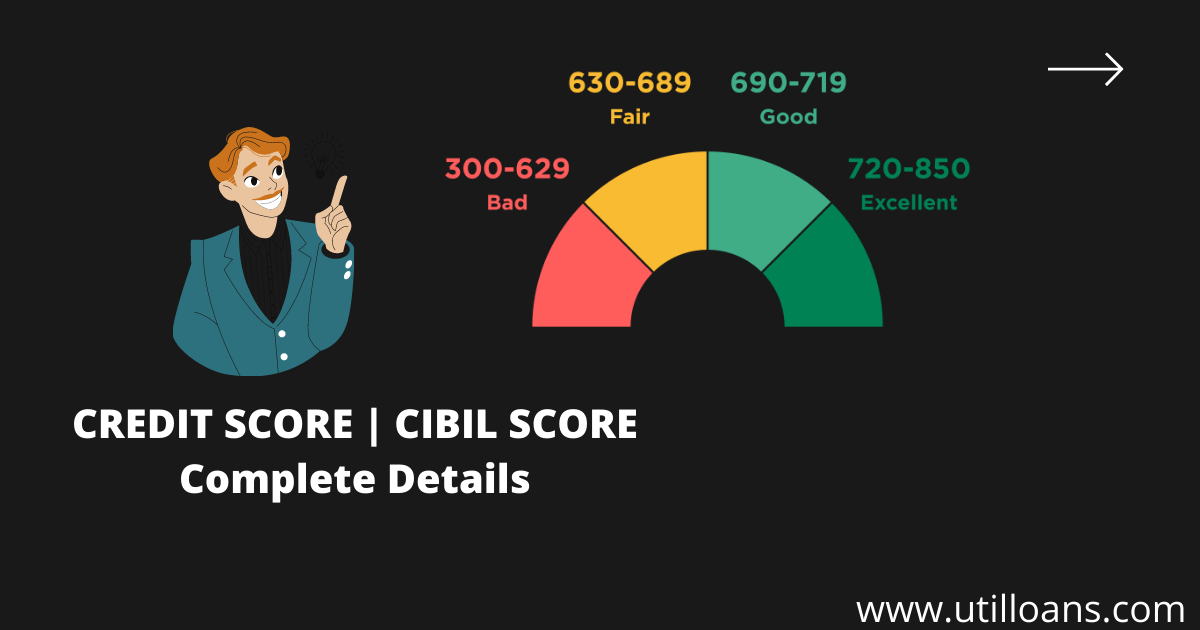
Unsecured loan are loans that don't require collateral. However, they charge interest and fees. These loans can be used for credit cards, personal loans and student loans. Your repayment history and credit score will be used by the financial institution to decide whether to give you an unsecured mortgage. Unsecured loans typically have higher interest rate than secured loans.
Unsecured loans don't require collateral
Unsecured loans are an option for borrowers who don't want to put their house or car up as collateral. However, lenders have certain requirements for these loans. They want to see proof that the borrower can pay back the loan. A lender may ask for proof of credit. A person with a credit score of 700 or higher has the best chance of being approved for an unsecured loan. Besides credit score, income also plays a big role in unsecured loan approval. Individuals with an income over $100,000 and a good credit history will typically qualify for the lowest interest rates.
Unsecured loans are quick and simple to apply for. Many online lenders offer a quick application process, which requires very little personal information and financial data. Borrowers can finish the application in a matter of minutes and receive an instant decision. Because unsecured loans are not secured by collateral, they can be beneficial for people with bad credit or no credit.

Interest rates are higher on unsecured loans
Unsecured loans carry higher interest rates than secured loans. Secured loans have the advantage of allowing you to borrow more and reducing risk for lenders. However, unsecured loans may be better if you have poor credit. If you default on payments, you may lose your collateral, and could find yourself in deep debt.
Unsecured loans pose a greater risk to lenders. They can send your unpaid balances to collections or file a lawsuit if they are not paid on time. Unsecured loans are most common for home improvement, car purchase, education, medical bills, and debt consolidation. Unsecured loans can have interest rates that range from 3 percent to 36%. This is more than a secured loan.
Lenders are more likely to approve them.
Unsecured loans refer to those for which a borrower has no collateral, such a car and/or a home. Unsecured loans are a more risky option for lenders. This means that most lenders will charge higher interest rates and make them less attractive. Unsecured loans are still advantageous because the borrower is not likely to lose their property or assets in default of payments. These loans can be personal loans, credit cards or revolving line of credit.
If a borrower has good credit, unsecure loans are more likely that they will be approved. A lower credit score will not prevent borrowers from being approved. However, they will still have to pay higher interest rates. Unsecured loans may be applied online or in person. Local lenders might be able to offer lower interest rates as well as more flexible loan terms.

They are more likely to repay their loans on a longer term.
Unsecured loans are loans that aren't secured by collateral. They pose a greater risk to lenders. This can lead to longer repayment terms and higher interest rates. The downside is that unsecured loans can be easier to qualify for, but you may pay more in the end. You should shop around to find the right loan for you.
Unsecured loans are available through banks, credit unions, and online lenders. Online lenders often offer pre-qualification. This will enable you to compare loan terms and lenders before applying. Some lenders even allow you to pre-qualify without impacting your credit score. Unsecured loans offer another benefit: they don't require collateral so you can get the money quicker.